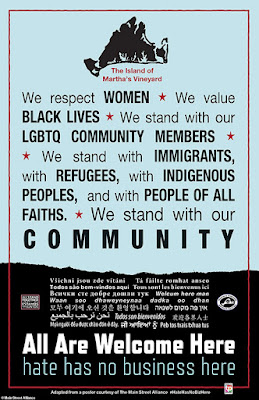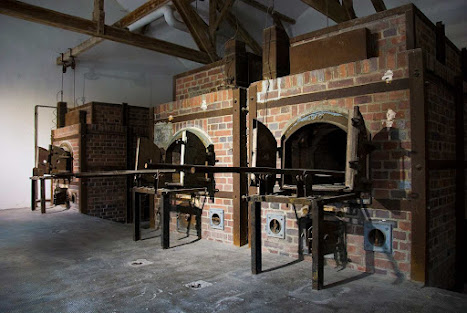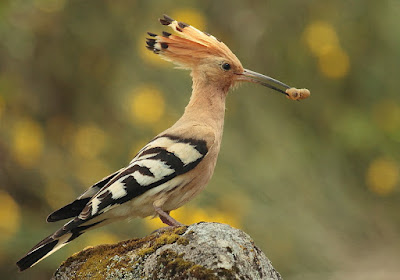Every so often, probably more often than I would like, someone will ask me, "Deacon, what do you think of Pope Francis?" The questions come from across the entire spectrum of Catholic opinion. But most who ask me about the pope are simply looking for direction and understanding. Occasionally, though, I suspect I am being baited by those few who intend to argue a point, whether theological, ideological, or simply political. They hope to hear me state either my total agreement with the Holy Father or my complete disagreement. I always disappoint them because I'm never in complete agreement or disagreement with any mere man or woman, even the pope. I try to weigh what others say against what I know to be the truth, particularly the revealed truth given to us by Jesus Christ and taught to us by the Church He founded.
Do I agree with everything Pope Francis has said and written? Probably not, but this might well be the result of a lack of understanding on my part. This came to mind today when I read some of the comments made by the newly elected Prime Minister of Italy, Giorgia Meloni. Many on the left, including our president, have accused her of fascist sympathies. This, of course, is completely absurd and demonstrates either their ignorance -- they don't know what fascism is -- or their willful dishonesty by accusing their enemies of their own ideological beliefs, a common tactic of the left.
Here's how the new prime minister describes her beliefs that center on the family, her Christian (Catholic) faith, her patriotism:"Why is the family so frightening? There is a single answer to all these questions. Because it defines us because it is our identity. Because everything that defines us is an identity, and for those who would like us to no longer have an identity and simply be perfect consumer slaves.”
Then, describing those she calls "financial speculators," she says:
“They attack national identity, religious identity; attack gender identity and family identity. I can’t define myself as Italian, Christian, woman, mother. Now I must be citizen X, gender X, parent one, parent two. I must be a number because when I’m only a number, when I no longer have an identity or roots, then I will be the perfect slave at the mercy of financial speculators.
We will defend the value of the human being -- every single human being.”
If these are the words of a fascist, then I guess I'm one too. Of course, what she said really represents the core beliefs of a Christian society. And I especially liked what she had to say about herself, a self-appraisal summed up in a few choice words:
“I am Giorgia, I am a woman, I am Italian, I am Christian. You can’t take this away from me!”
As you might expect, such a simple, straightforward self-description drives the woke crowd in Washington and Brussels to distraction. She actually cherishes her unique identity: the name she received at her Baptism; the sex with which God blessed her at conception; the nation and culture in which she was born and raised; and the Christian faith that rules her life. As she stated, "You can't take this away from me" because they are all gifts from family, from God, and from a culture.
In her autobiography Giorgia Meloni waxed eloquently on the evil of political correctness:
“You see, political correctness is a shockwave, a cancel culture that tries to upset and remove every single beautiful, honorable, and human thing that our civilization has developed...It is a nihilistic wind of unprecedented ugliness that tries to homogenize everything in the name of One World. In short, political correctness – the Gospel that a stateless and rootless elite wants to impose – is the greatest threat to the founding value of identities.”
I've included all this just to give you a sense of who Giorgia Meloni truly is, so you won't be led astray by the woke, mainstream media, a media that truly despises this woman. But now let's look at what she has said about her Catholic faith and Pope Francis. The following brief comments are sufficient.
She said this about Pope Francis:
“Maybe it’s age, maybe the memories, but even though I’m Catholic and I’ve never allowed myself to criticize a pope, I admit that I haven’t always understood Pope Francis...Sometimes I feel like a lost sheep, and I hope one day to have the privilege of being able to talk to him, because I’m sure that his big eyes and his direct words can give meaning to the things I don’t understand.”
When I read those words, I almost fell out of my chair, because they reflect my own sentiments almost exactly. I have found so much that is good and valuable in what the pope has said and written, and yet, like Giorgia Meloni, there is much that I simply do not understand. I, too, will not openly criticize the Holy Father, but perhaps in an upcoming post I might share some of my misunderstandings. In the meantime, all of us should pray daily for Pope Francis, the Vicar of Christ, and successor of St. Peter. And pray, too, for Giorgia Meloni. I suspect she might need a lot of God's help as she tries to drain the Roman swamp.








